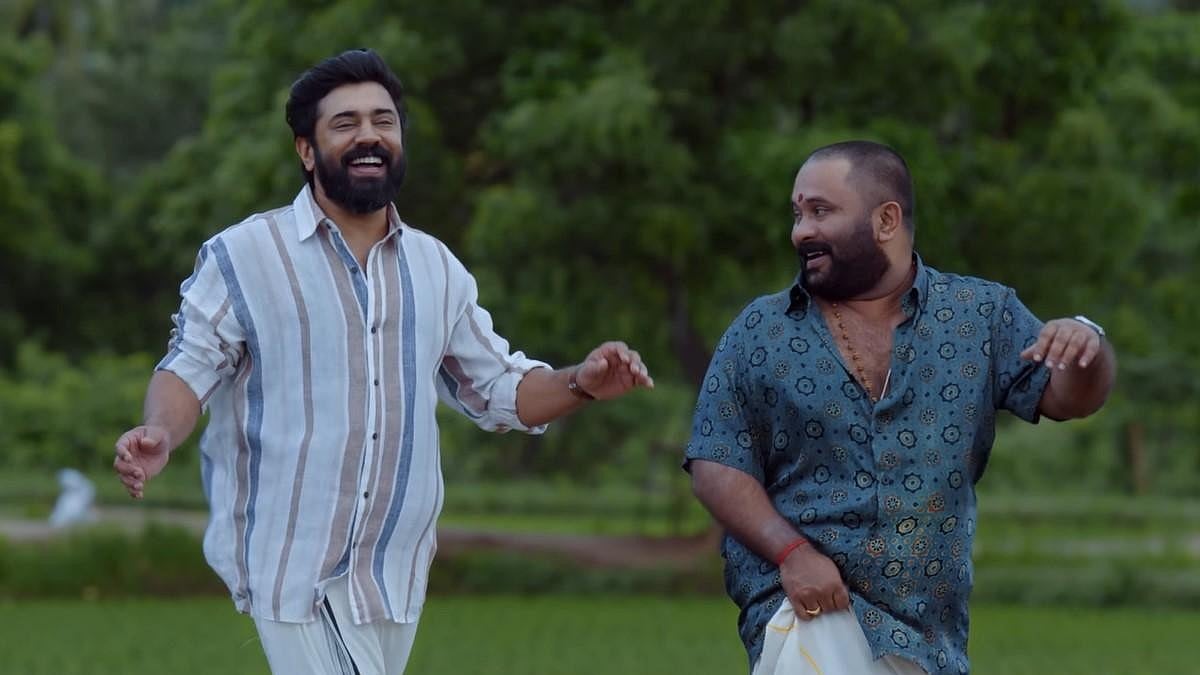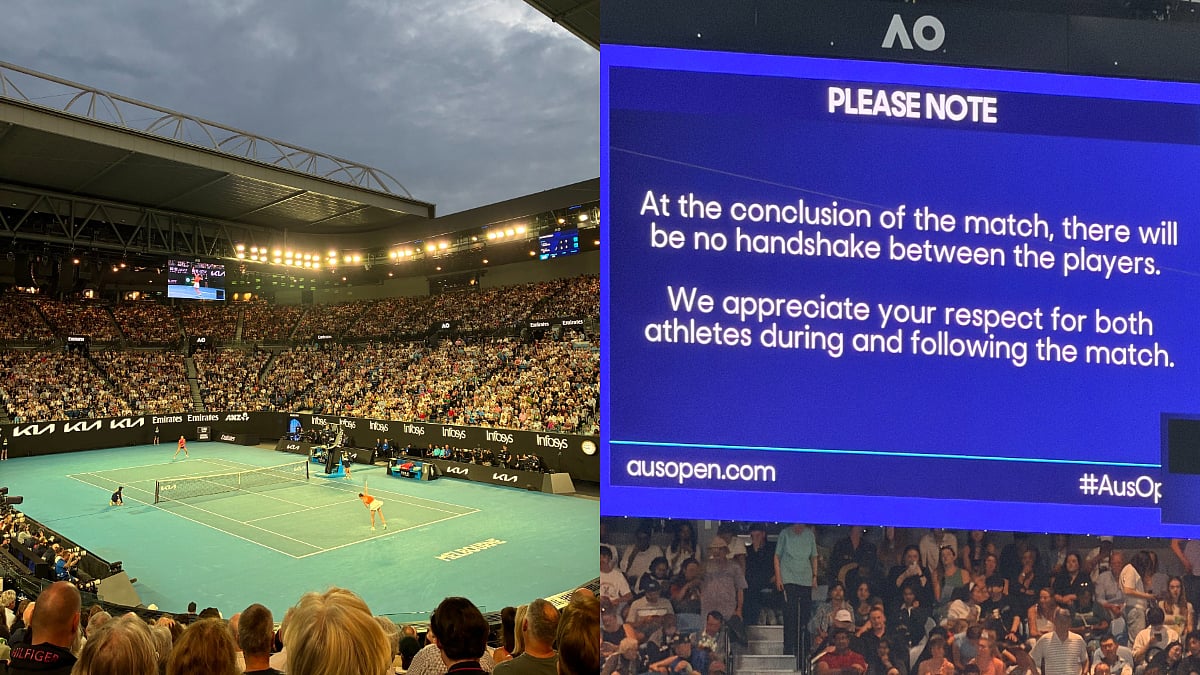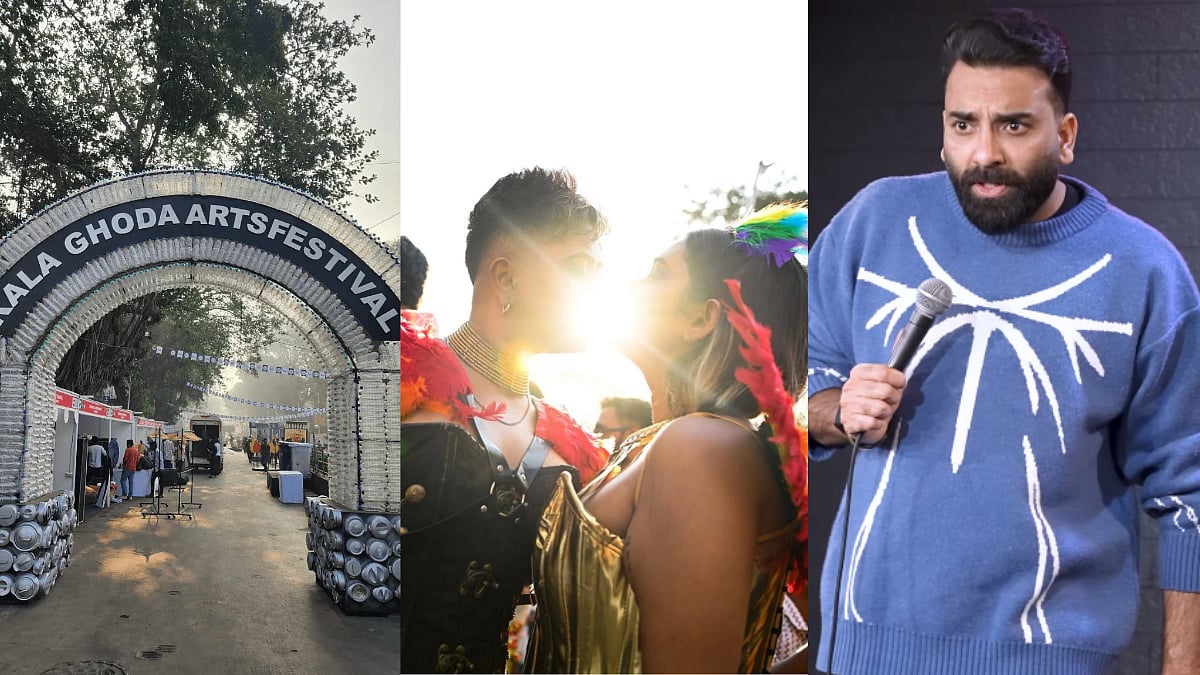Narsi Mehta was acclaimed as Adi Kavi (Sanskrit for “first among poets”) in Gujarati literature. MEERA S. SASHITAL sheds light on this enigmatic personality.
Gujarat is one of the States in India which is famous for able leaders, beautiful temples and architecture, Gir forests and saints. One of Gandhiji’s favourite bhajans while conducting his prayers was ‘Vaishnava Janato Tene Kahiye’. The composer of this song was none other than the well known saint, Narsi Mehta.
Narasimha Mehta, better known as Narsi Mehta, hailed from Gujarat where the Bhakti movement had travelled to and then farther off to Kutch and Sind through Rajasthan and Punjab. Narsi Mehta was a Vaishnava devotee and sang the praises of Lord Krishna. Narsi Mehta (1414-1481) was the first devotee whose songs, about 740 in number, became very popular. He sang of his love for Krishna and His sports or frolics, and attracted people by the depth of his faith and simplicity wherever he went.
It is learnt Narsi Mehta belonged to a Vadanagar Nagar-Brahmin family of Junagadh in Kathiawar, Gujarat. Narsi Mehta came from a very poor family and lived with his brother and sister-in-law. As Narsi Mehta did not take any interest in the household affairs nor earn anything, his brother’s wife ill-treated him and taunted him.
But Narsi Mehta was oblivion of all this and he only sang the songs of Lord Krishna and danced in ecstasy. He had unspeakable faith in God that He would provide him with all his wants. Narsi married Manek Bai and had a daughter named Kunwar Bai and a son called Shyamaldas.
It seems Narsi Mehta was a contemporary of Mira Bai. Unlike Mira, he had feelings of Sakhya Bhav, that is, he would address Lord Krishna in terms of equality. He saw Lord Krishna everywhere and in everything. Lord Krishna gave him ‘darshan’ too and helped him in many ways. Narsi’s life was full of miracles we are told.
Once Bansidhar, Narsi’s brother, at dawn hears a melodious voice. He further sees a blue complexioned form donned in Pitambar with a peacock feather on the crown. It was just a flash but to know from where the celestial music came, he rushes down following the music. But what should he behold! He finds Narsi dressed in Pitambar with the peacock feather on his crown and ‘kartal’ in his hands. Narsi was lost in God, tears streaming down his eyes. But Bansidhar rebukes him for being an imposter and duping him. Narsi, however, turns a deaf ear and continues to compose more songs.
On further inquiry from Bansidhar, Narsi narrates how he had observed penance and fasted before Lord Shiva’s idol in a temple at Gopinath where Lord Shiva had appeared in the form of Lord Krishna and had given him the ‘Kartal’ Pitambar and the peacock feather. Bansidhar getting furious hearing this, tells him to stop this madness as he was being an object of shame to his relatives. To this, Narsi replies, “Jo rotho to roth ja, ma re Nandkumar sun kamre; Kutumb sahu koi kede lagan jan jan agal lawan re.” (What care I, for the displeasure of the world. I am slave of Nandkumar! I seek only to serve Him and none besides. Adieu, brother, go and mind your own business.)
We are told once while Narsi was travelling with his brother, he felt very hungry but could not get food anywhere. Then Lord Krishna in the form of a shepherd boy came and gave him food in a cottage. Narsi offered the food to his brother saying it must be Krishna in the garb of a shepherd boy come to give them food. But the brother who had no faith refused. Suddenly the brother remembers having left his vessel in the cottage. He goes back to fetch it but to his dismay, the cottage nor the shepherd boy was there!! The brother is now convinced and repents for not partaking the food.
Lord Krishna always comes to His devotees help. So once Narsi had to perform his father’s ‘Shraddha’ but there was no Ghee (clarified butter) in the house. His wife sends him to bring it but Narsi meets a Sankirtan party and singing and dancing with them in ecstasy totally forgets about the Ghee. His wife waits for him despondently as the hour of Shraddha was slipping. However, Lord Krishna saves the situation; first by stopping the sun’s movement for a while and then assuming the form of Narsi bringing Ghee to his wife. She even rebukes ‘Krishna’ for being late! The function gets over, the Brahmins having left happily being well fed. Narsi now, Ghee in hand, returns home with apologies only to discover the truth.
Narsi did not care for caste rules and observances. He held his Kirtans (narrating religious episodes by singing) even in the houses of sweepers. Narsi’s broad mentality made the other Nagar Brahmins hate him. They even outcaste him and refused to admit him to one of the feasts. But to the utter amazement of the Brahmins, they found a dom or a man of inferior caste sitting by the side of each Brahmin having food! The pride of the Brahmins is curbed and they begin to accept and respect Narsi thenceforth.
Once the Raja of Junagadh, Rai Mandlik ordered Narsi to refute the charges of his accusers for having claimed to have seen Lord Krishna and His Rasleela. During the trial in the temple all were there including the Raja. They saw the temple door open and a garland fall on Narsi’s neck! Narsi himself seeing the Lord garlanding him becomes unconscious overwhelmed with emotion.
Narsi not only wrote on the Aishwarya Lila (dealing with the Lord’s Omnipotence), singing Sudama Charitra, Rukmani’s marriage and other episodes, but he wrote on the Madhurya Lilas (love episodes) of Lord Krishna and sang songs describing the Gopis ‘bhava’ reflecting erotic (sringar) element. For this he is said to have owed his gratitude to the pioneer poet saint Jaideo.
Narsi Bhagat, as he came to be known gradually, practiced whatever he preached. Narsi’s Vairagya (detachment) was exemplary and he preached that renunciation in life was the most important step towards self-realization. It is learnt when his wife and son died, he seemed to have expressed the following lines: “Bhalun thyon bhagi janjal, Sukhe bhajsun Sri Gopal.” (Well did it happen that by His grace they passed away. My worry is gone, and I can now pursue my devotion to Gopal without interruption.”)
Narsi Mehta was the greatest Kirtanist of his period. He was so dedicated to it that even when his wife was on her death-bed, we are told, he went to attend kirtan at a ‘chandal’s (of low caste) house. According to scholars, Narsi’s place as a pioneer and his contribution to Gujarati literature is the greatest, only Mirabai being next to him. As a propounder and preacher of ethical and moral principles, he is recognized as pre-eminent amongst the saints of Gujarat.









